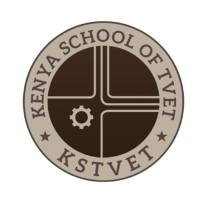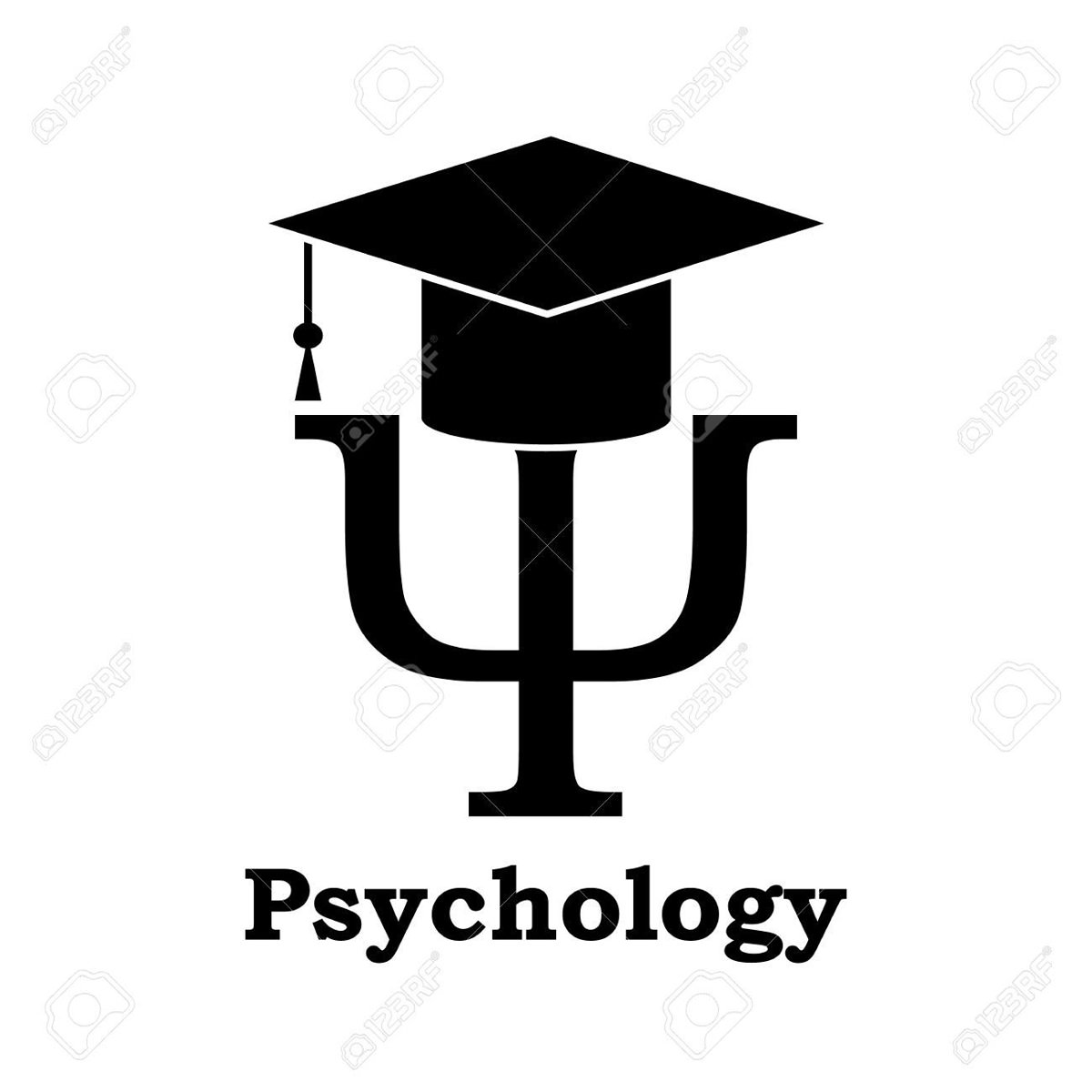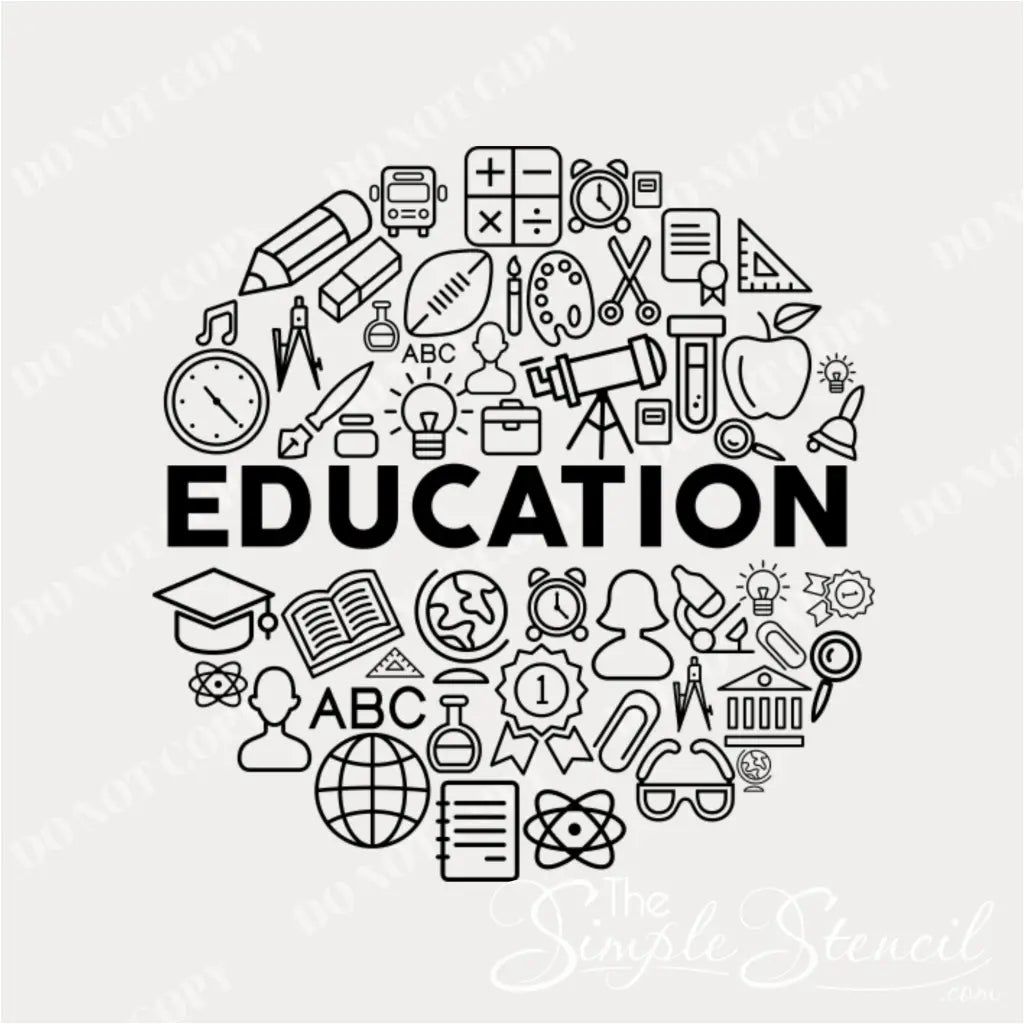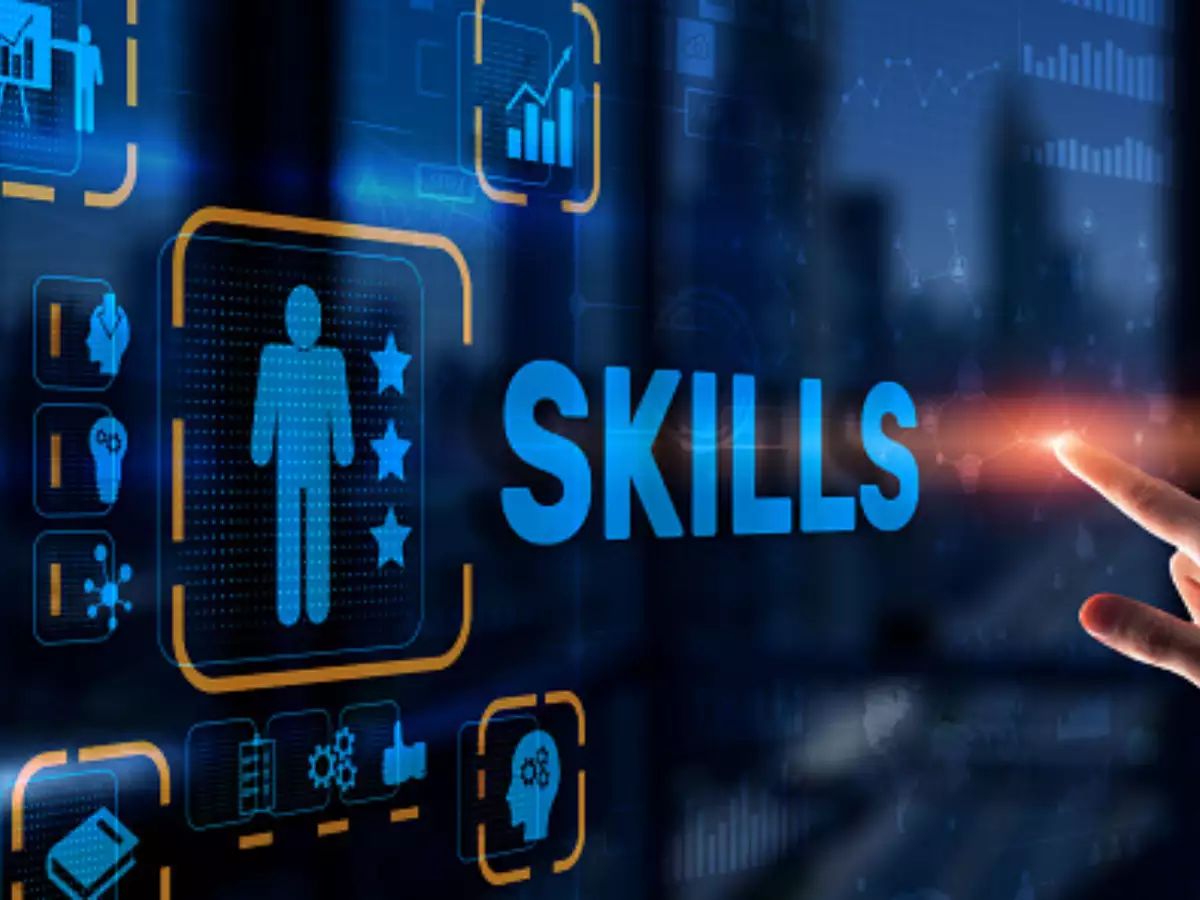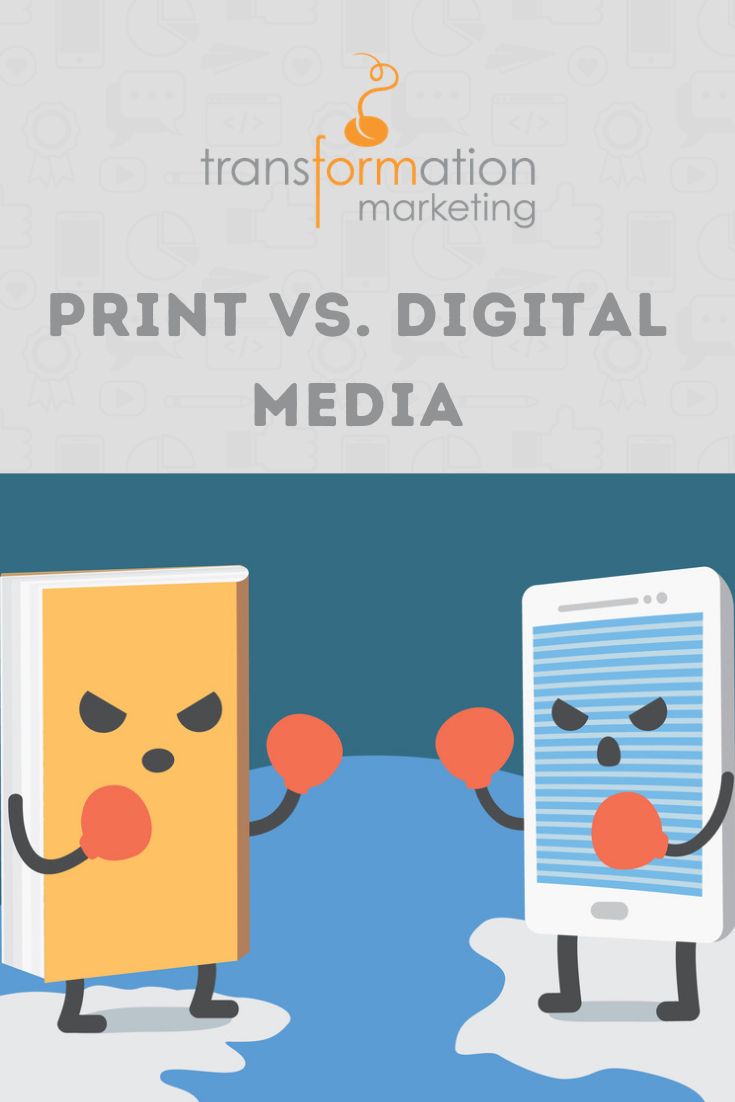
This course introduces learners to the fundamentals of digital and print media creation. It emphasizes practical skills in videography, storyboarding, infographics, podcasts, PowerPoint narration, H5P interactivity, and print media. Learners will plan, produce, and publish media using tools such as Canva, CapCut, PowerPoint, Anchor, and H5P, with guidance for ethical and safe sharing. The course is designed to be simple, engaging, and easy to follow with practical assignments, quizzes, and downloadable resources.
🎯 COURSE LEARNING OUTCOMES
By the end of this course, learners will be able to:
-
Define and distinguish digital and print media and explain their applications.
-
Identify and use basic digital media tools for content creation.
-
Plan, storyboard, record, and edit videos, podcasts, and narrated presentations.
-
Create infographics and print media to communicate information effectively.
-
Build interactive H5P activities and embed them in Gnomio.
-
Apply safe, ethical, and responsible practices in sharing media.
-
Demonstrate creativity and professionalism in all media projects.
- Teacher: Kevin Kipngetich
